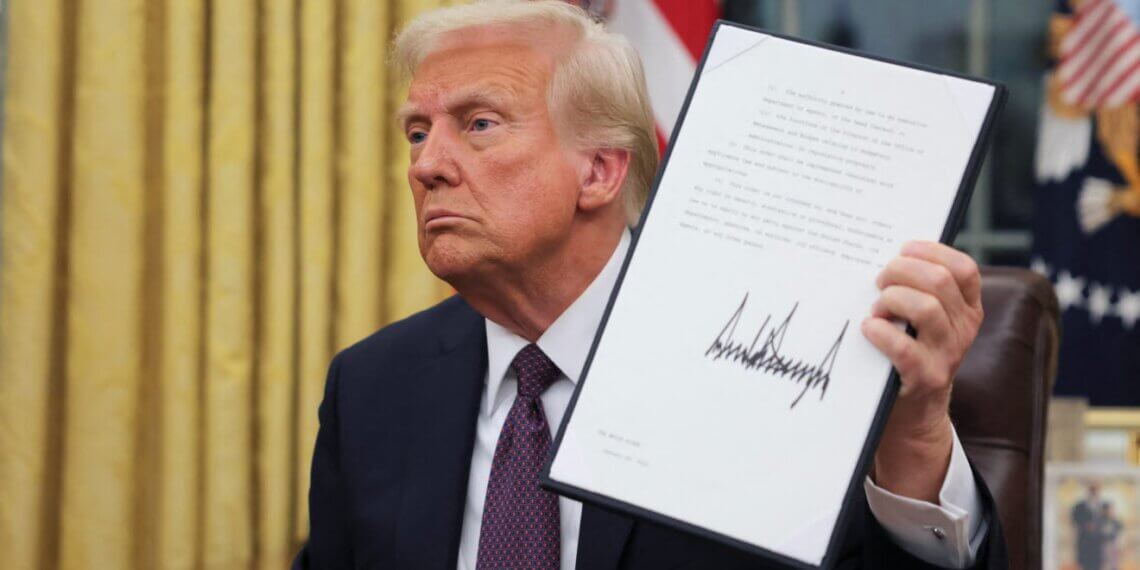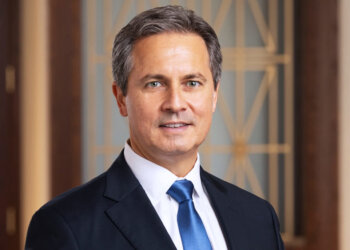President Donald Trump signed an executive order on Monday which established a 30-day period for pharmaceutical companies to lower prescription drug prices voluntarily in the US market or face upcoming federal payment restrictions. The executive order instructs Robert F. Kennedy Jr. to lead the Department of Health in negotiating new drug prices throughout the month. The failure of negotiations will force Kennedy to establish a rule that sets US drug prices at the lower levels paid by other countries through a “most favored nation” framework. Trump announced at his press conference that the US will match European medication expenses to achieve price equality between nations.
The executive order emerges from Trump’s previous promise to reduce drug prices by 30–80% while addressing the persistent issue of high US medication costs relative to other countries. The order’s effects on people with private insurance remain unclear since federal price control only applies to Medicare and Medicaid programs. The announcement about Medicaid funding reduction by Republicans through $880 billion cuts creates doubts about patients’ ability to access affordable medications. The pharmaceutical industry opposes Trump’s order to reduce profits because they believe it will damage innovation despite his previous accusations of price exploitation.
The pharmaceutical industry experienced immediate market decline after the announcement. The pharmaceutical stocks of AstraZeneca and GSK in London declined by 5% and 3.2% while Novo Nordisk in Denmark lost 7.5% and Japan’s pharma index dropped more than 4%. The Pharmaceutical Research and Manufacturers of America expressed concerns that price controls would create negative impacts on patients while undermining US market competitiveness against China. The court overturned Trump’s initial Medicare drug price caps during his first term which creates doubts about the enforceability of this new order. The upcoming 30 days will establish whether pharmaceutical companies will implement price reductions through voluntary actions or face mandatory regulations that could transform the US healthcare system.










